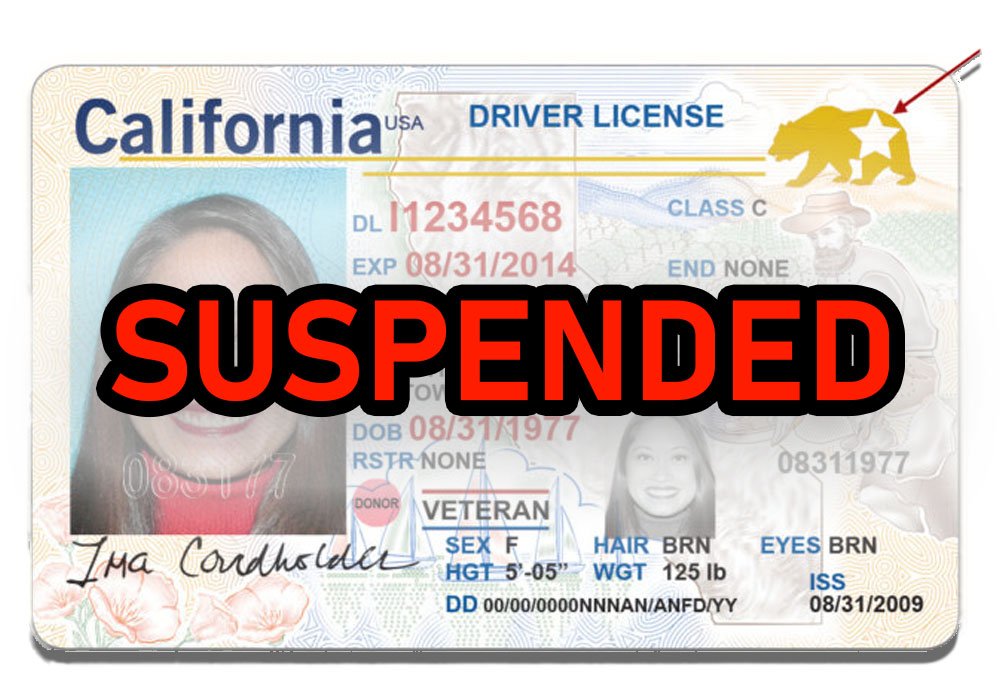Updated
If you get arrested in California for a third-time DUI, you face the possibility of two separate driver’s license suspensions:
If you are convicted in court of a third offense DUI, you get a three-year driver’s license suspension. However, the DMV may permit you to continue driving if you get an ignition interlock device installed. This mandatory IID period usually lasts two years.
If you lose the DMV hearing, you get a one-year suspension. However, the DMV may permit you to continue driving during this year if you get an ignition interlock device installed.

If you get arrested in California for a third-time DUI, you face the possibility of two separate driver’s license suspensions.
Third Time DUI Convictions and the 3-Year License Suspension
If you have been convicted for DUI or wet reckless twice within the last 10 years, and you get convicted in court for a third time DUI (either through a guilty plea or a guilty verdict), a three-year California driver’s license suspension will be triggered. See Vehicle Code 13352(a)(4).
If the current court conviction is for something less than DUI, such as wet reckless or exhibition of speed, the court-triggered three-year DUI suspension can be avoided.
One-Year License Suspensions Triggered by DMV Proceedings
If you get arrested for a third-time DUI, and your BAC was .08 or higher, the DMV takes administrative action against your driver’s license. This is separate and apart from your DUI court case. An APS hearing occurs to determine whether the DMV has grounds to suspend your license.
You may be represented by a DUI lawyer at the hearing. If you prevail at the DMV hearing, the suspension is “set aside.” If you lose the hearing, a one-year driver’s license suspension takes effect. See Vehicle Code 13353.3(b)(2).
However, the DMV may permit the defendant to continue driving during this year if he/she gets an ignition interlock device installed.
How to Avoid the One or Three-Year DUI License Suspension
In a third DUI situation, only one set of events allows you to escape the DUI license suspension altogether: you must both (1) avoid a court conviction for the offense of DUI, and (2) win your DMV hearing. But even if the license does get suspended, the DMV may permit you to continue driving if you get an ignition interlock device installed.
Restricted Licenses Following the Three-Year DUI License Suspension
If you do get hit with the three-year license suspension because of the court conviction, you may obtain either an IID restricted license or a restricted license:
IID restricted license
IID is short for ignition interlock device, which is a breathalyzer that stops a car from starting if it detects the driver has been drinking. The California DMV may allow you to continue driving anywhere during their license suspension if you agree to install an ignition interlock device in their cars. (California Senate Bill 1046 (2018))
You need to file an SR22 form, complete DUI school, and pay all fees to get an IID restricted license.
The IID restricted license period lasts for 2 years for a third-time DUI.
Restricted license
A restricted license allows you to drive to and from work and treatment. It may be available as early as after 18 months. But you must first have completed at least the initial 12 months of an 18-month or 30-month alcohol program (depending on which one the court imposes). You must also have your SR-22 proof of insurance, have an ignition interlock device installed in your car, and pay a $125 fee to reissue your driver’s license.

If you or a loved one is in need of help with third license suspension and you are looking to hire a California DUI attorney for representation, we invite you to contact us at Shouse Law Group. We can provide a free consultation in the office or by phone. We have local offices in Los Angeles, the San Fernando Valley, Pasadena, Long Beach, Orange County, Ventura, San Bernardino, Rancho Cucamonga, Riverside, San Diego, Sacramento, Oakland, San Francisco, San Jose and throughout California.
Please click the section(s) below for answers to your questions:
